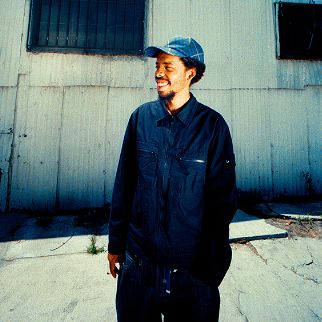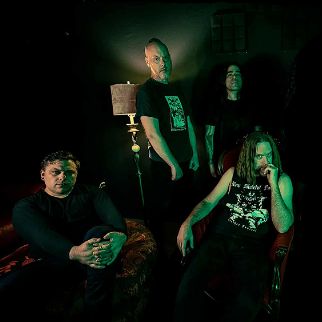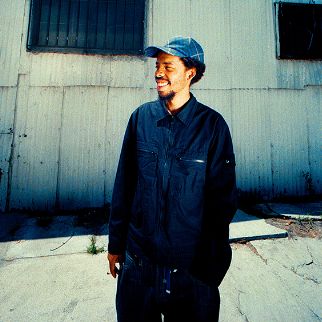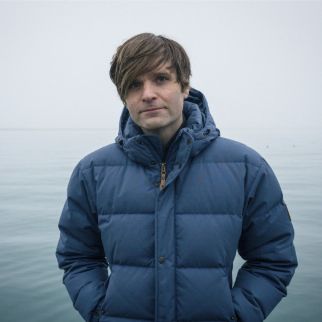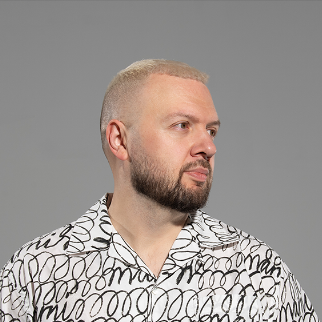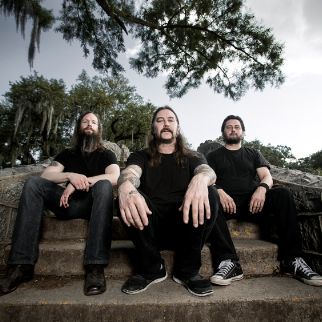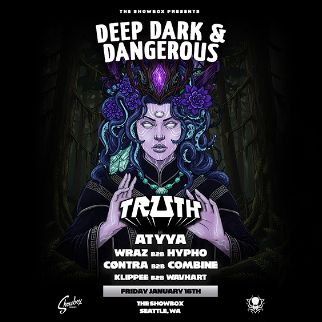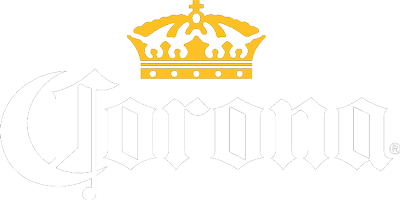Calendar of Events
Ticketed by AXS.com
Sat, Dec 13, 2025
Show
7:30 PM
@ The Showbox
Sat, Dec 13, 2025
Show
9:00 PM
@ Showbox SoDo
Sun, Dec 14, 2025
Show
12:00 PM
@ The Showbox
Sun, Dec 14, 2025
Show
8:00 PM
@ Showbox SoDo
Mon, Dec 15, 2025
Show
8:00 AM
@ Crystal Ballroom
Mon, Dec 15, 2025
Show
8:00 PM
@ Showbox SoDo
Tue, Dec 16, 2025
Show
8:00 PM
@ The Showbox
Tue, Dec 16, 2025
Show
8:00 PM
@ McCaw Hall at Seattle Center
Tue, Dec 16, 2025
Show
8:00 PM
@ Showbox SoDo
Fri, Dec 19, 2025
Show
8:00 PM
@ The Neptune Theatre
Fri, Dec 19, 2025
Show
9:00 PM
@ The Showbox
Sat, Dec 20, 2025
Show
7:30 PM
@ WAMU Theater
Sat, Dec 20, 2025
Show
9:00 PM
@ Showbox SoDo
Sat, Jan 3, 2026
Show
7:00 PM
@ The Showbox
Showbox Presents
Deep Dark & Dangerous w/ TRUTH, ATYYA, Wraz b2b Hypho, CØNTRA b2b Combine, Klippee b2b WAVHART
Fri, Jan 16, 2026
Show
9:00 PM
@ The Showbox
Sat, Jan 17, 2026
Show
9:00 PM
@ The Showbox
Sun, Jan 18, 2026
Show
12:00 PM
@ The Showbox




